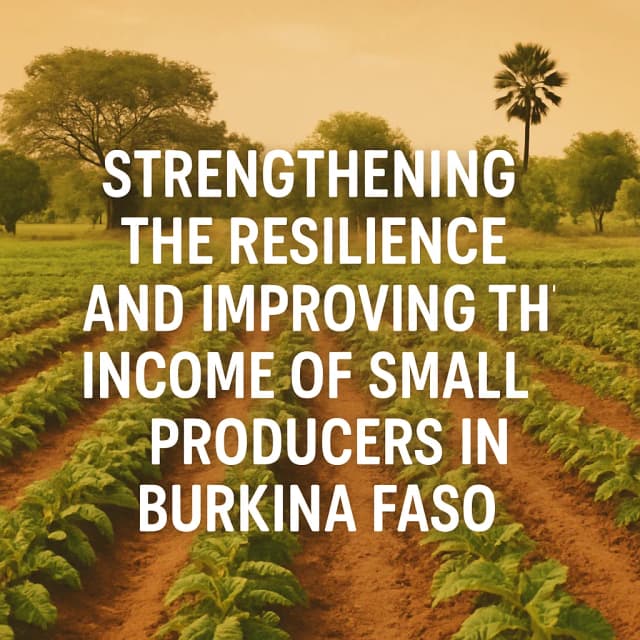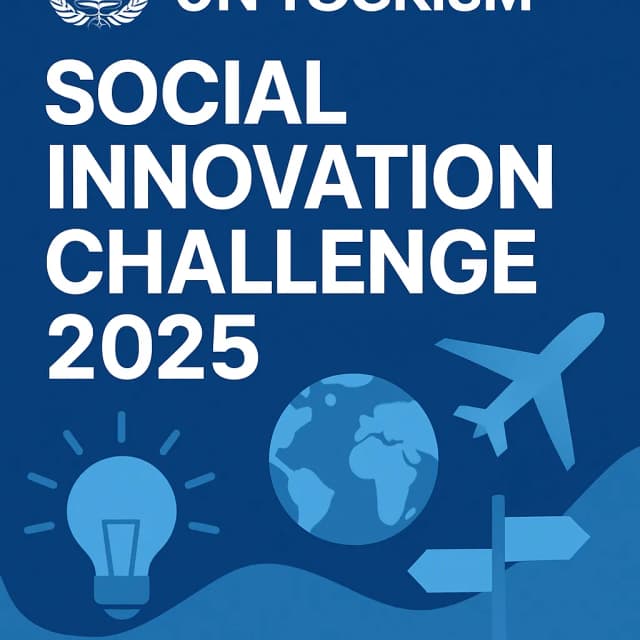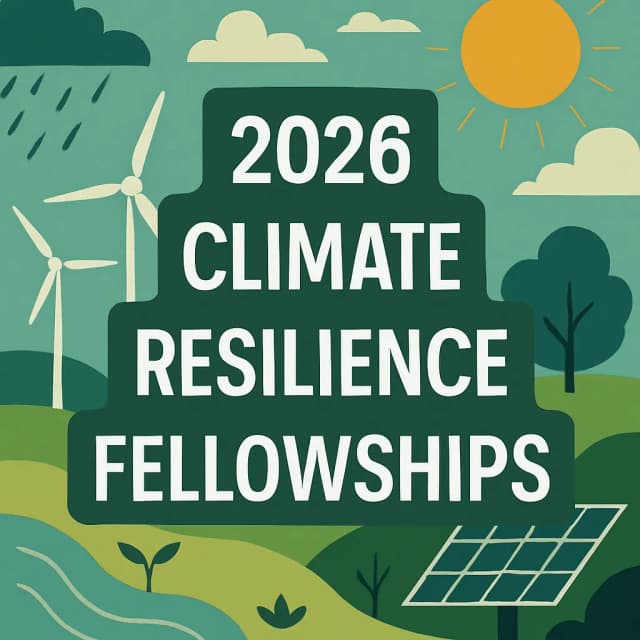Strengthening the Resilience and Improving the Income of Small Producers in Burkina Faso
📖 About the Initiative
The World Food Programme (WFP) has announced grants for Strengthening the Resilience and Improving the Income of Small Producers to support the Government of Burkina Faso in achieving Zero Hunger by 2030. This initiative focuses on strengthening the capacities of the most vulnerable populations through targeted activities.
📅 Opportunity Details
- Date Published: October 22, 2025
- Application Deadline: November 09, 2025
- Category: Entrepreneurs, Grants
- Opportunity Location: Burkina Faso
- Sponsor Organization: United Nations
🎁 Benefits
The World Food Programme (WFP) grant offers impactful benefits aimed at transforming local communities and food systems. Below is a breakdown of the key advantages:
🌱 Community & Agricultural Benefits
- Creation and restoration of productive assets: Improves agricultural infrastructure and boosts local food production.
- Support for smallholder farmers: Enhances income opportunities and builds capacity through training and organization.
- Climate-resilient production: Promotes sustainable farming practices that withstand environmental challenges.
🍎 Food Security & Nutrition
- Improved access to safe and nutritious food: Tackles hunger and malnutrition, especially among vulnerable populations.
- Promotion of healthy diets: Encourages consumption of diverse and nutrient-rich foods.
🏥 Social Services & Infrastructure
- Access to essential services: Strengthens health, education, and other basic services through community-driven planning.
- Restoration of ecosystems: Supports environmental sustainability and natural resource management.
📊 Strategic Alignment & Long-Term Impact
- Integration with national priorities: Aligns with Burkina Faso’s strategic frameworks and regional resilience efforts.
- Reduced import dependency: Builds local capacity to meet food needs internally.
- Inclusive food systems: Encourages collaboration among NGOs, government, private sector, and academia.
✅ Eligibility Criteria
Organizations must meet the following requirements to apply:
- Type of Organization: Non-profit organizations (NGOs and associations).
- Registration: Must be legally registered in Burkina Faso.
- Operational Presence: Must be actively operating in the targeted areas.
📝 Application Process
Interested candidates can apply through the official UN Partner Portal.
- Application Deadline: November 09, 2025
- Application Website: UN Partner Portal Opportunities
- Registration Link: UN Partner Portal Registration
📩 Contact Information
For further inquiries, visit the UN Partner Portal or contact the World Food Programme directly.
This initiative is a significant step toward achieving sustainable development and improving the livelihoods of small producers in Burkina Faso. Don't miss the opportunity to contribute to this impactful cause!
- Community & Agricultural Benefits
- Creation and restoration of productive assets: Improves agricultural infrastructure and boosts local food production.
- Support for smallholder farmers: Enhances income opportunities and builds capacity through training and organization.
- Climate-resilient production: Promotes sustainable farming practices that withstand environmental challenges.
- Food Security & Nutrition
- Improved access to safe and nutritious food: Tackles hunger and malnutrition, especially among vulnerable populations.
- Promotion of healthy diets: Encourages consumption of diverse and nutrient-rich foods.
- Social Services & Infrastructure
- Access to essential services: Strengthens health, education, and other basic services through community-driven planning.
- Restoration of ecosystems: Supports environmental sustainability and natural resource management.
- Strategic Alignment & Long-Term Impact
- Integration with national priorities: Aligns with Burkina Faso’s strategic frameworks and regional resilience efforts.
- Reduced import dependency: Builds local capacity to meet food needs internally.
- Inclusive food systems: Encourages collaboration among NGOs, government, private sector, and academia






